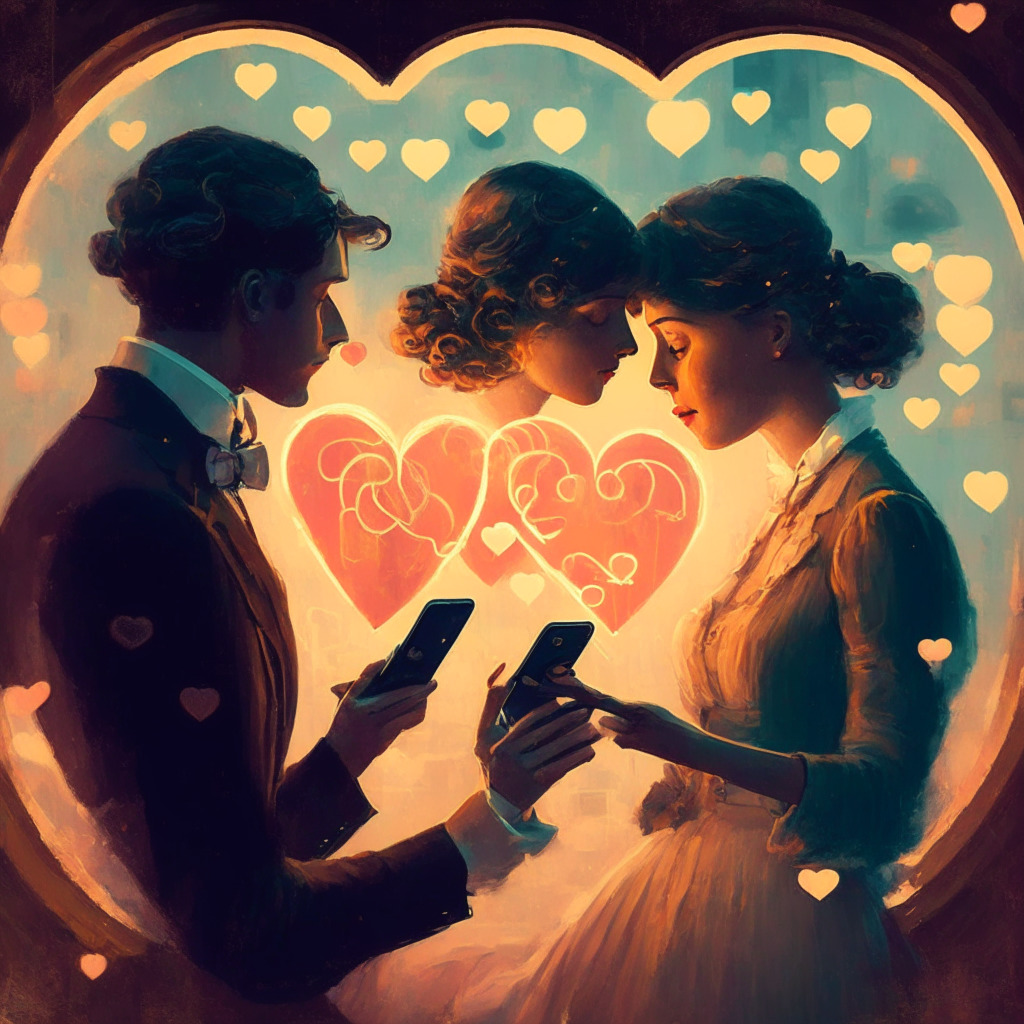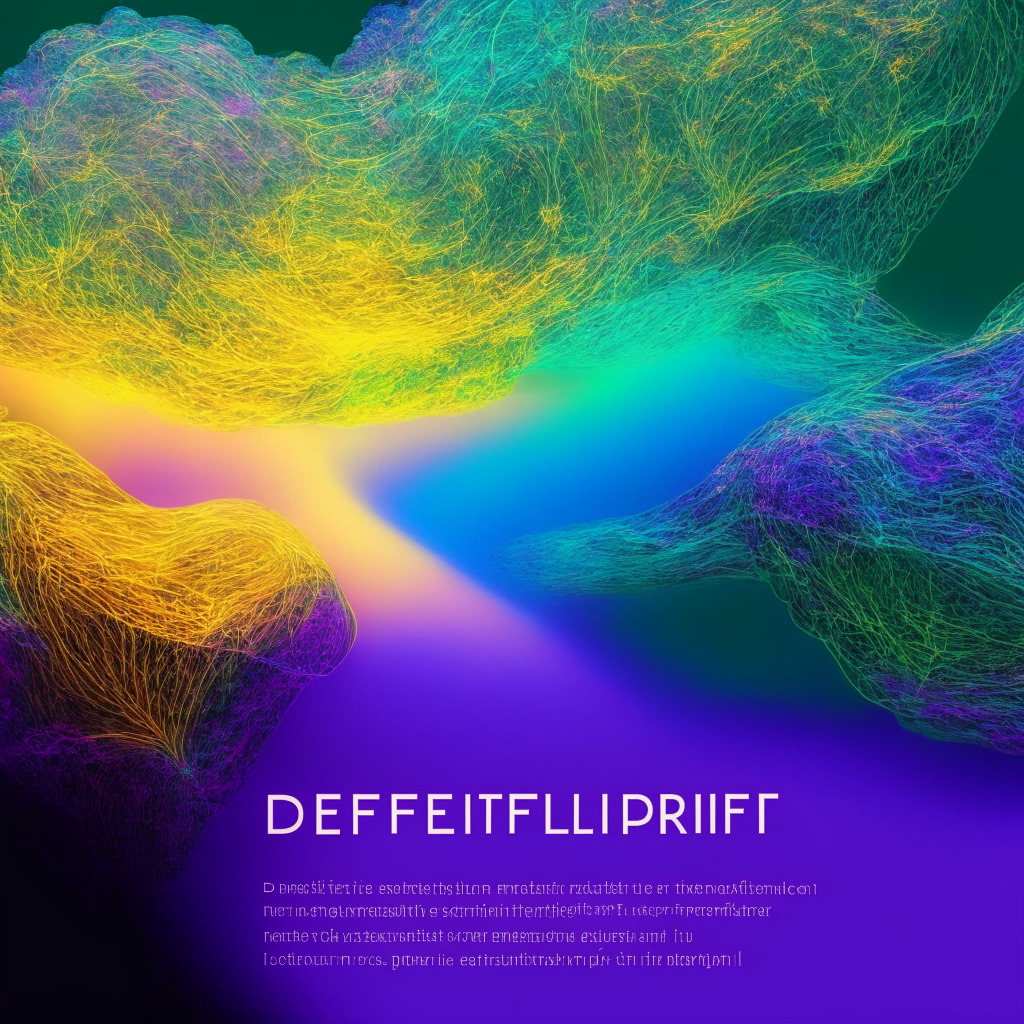As technology advances, Artificial Intelligence (AI) continues to revolutionize various aspects of life, and love is no exception. YouTuber Anthony Riera recently explored the potential of AI-driven tools in online dating when he used GPT-3 powered by TinderGPT to respond to potential matches on the popular dating app Tinder.
Riera’s AI experiment garnered some attention and even managed to communicate with more than a few women. However, the initially “needy” nature of his AI’s messages drew suspicion from some of his potential matches. As Riera tweaked TinderGPT, the AI improved its conversation skills, becoming less desperate and more adept in the dating game. However, the question remains whether relying on AI in these circumstances is fair or dishonest.
Regardless, the use of AI in matchmaking is not uncommon. Joel Barmettler and several others have deployed AI tools to automate their Tinder swipes, tailor preferences, and improve dating skills. AI wingmen, like rizzGPT, can also help people up their game by providing real-time advice during conversations. Combining GPT-4, Whisper, and Monocle AR glasses, rizzGPT ensures seamless interaction and support for its users, though the effectiveness of “Charisma as a Service” in practice remains uncertain.
Some dating platforms like OKCupid have even integrated AI themselves to provide a better user experience. OKCupid implemented ChatGPT to generate conversation prompts to help users find their perfect matches. According to Michael Kaye, OkCupid’s head of communications, those who believed ChatGPT was useful received 40% more matches than those who considered it invasive.
Despite the potential ethical concerns and limitations of using AI in dating, Riera claimed his experiment was moderately successful. One of the women he communicated with even proposed going on a date, but Riera stopped the conversation due to the unfair nature of the situation. While they lost touch, the experience piqued his interest in continuing AI experiments in this realm.
Riera’s experiments and the integration of AI in dating platforms raise important questions regarding the role of technology in navigating human relationships. Will AI-driven tools help users discover true connections? Or will they contribute to the commodification of love and intimacy while giving rise to ethical issues? As AI continues to infiltrate our lives, these questions become increasingly crucial to explore, especially in areas with deep personal and emotional consequences.
Source: Decrypt




